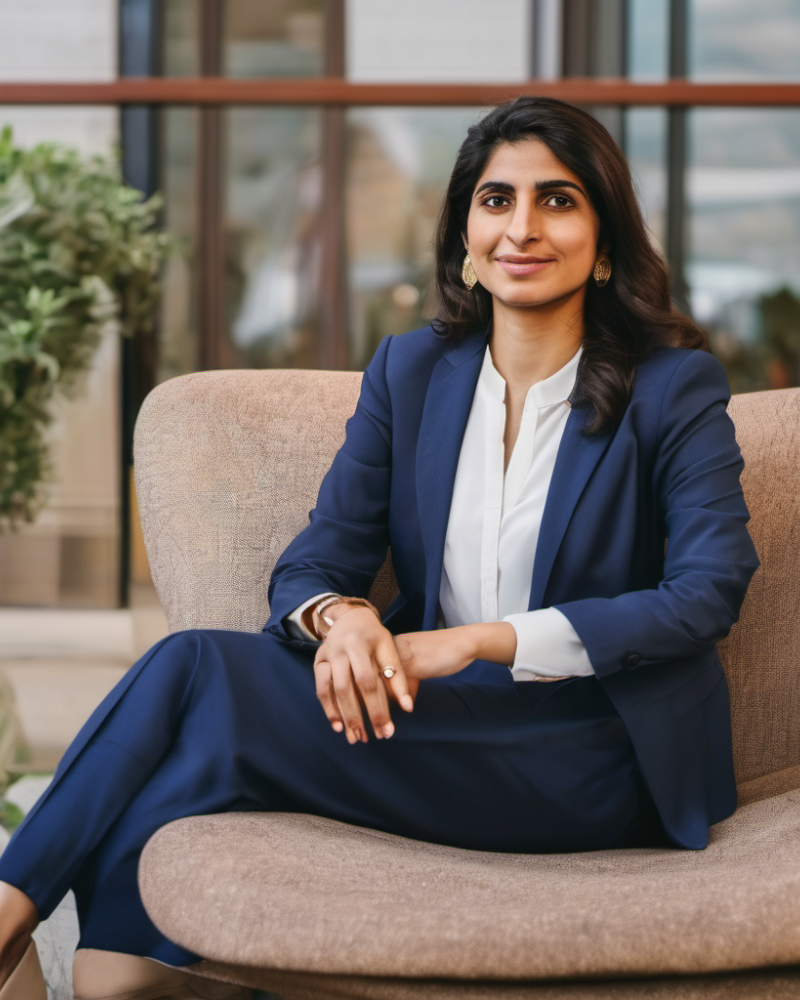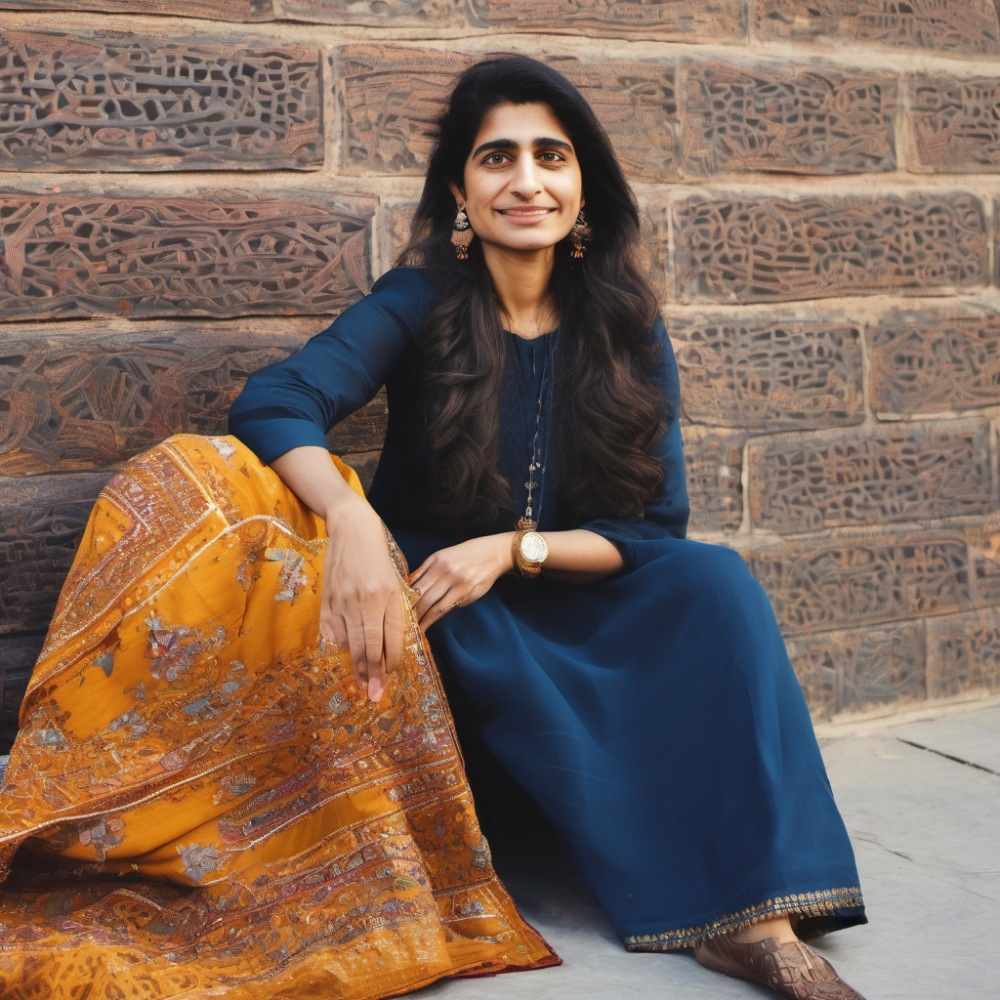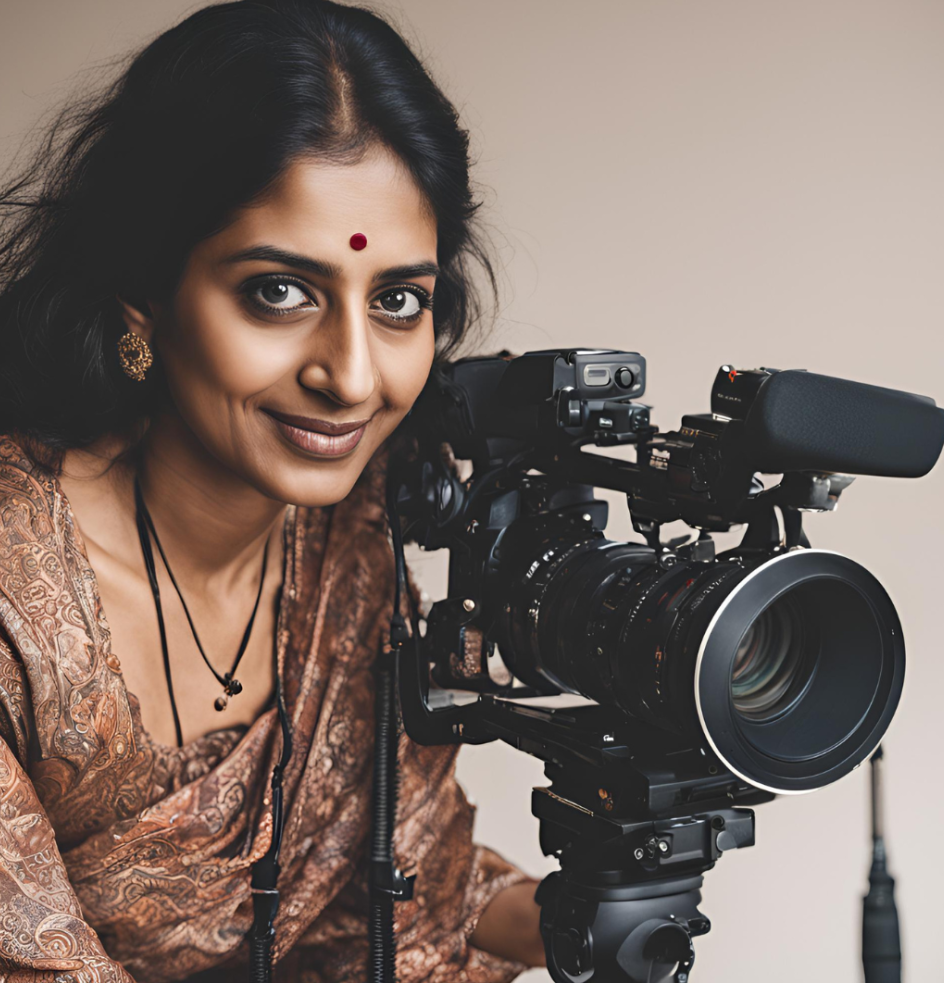Experts Discuss Challenges In South Asian Girl Empowerment
In a fictional yet cozy setup, imagine we’re sitting in a vibrant living room, sipping chai, surrounded by cushions, and discussing a very real issue: the challenges in South Asian girl empowerment. Although this scenario is crafted for a conversational and unique experience, the insights are based on genuine challenges and expert opinions on the matter.
Now, let’s dive into our cozy, chai-infused conversation.

Dr. Ayesha Khan, a sociologist with a warm smile, starts off. “You know, when we talk about empowerment, we’re really talking about breaking free from centuries-old societal norms. South Asian girls often face a unique blend of expectations—be obedient, excel academically, but don’t outshine too much, be modern yet traditional. It’s like walking a tightrope.”

Nodding in agreement, Rani Patel, an activist who’s spent years working on the ground in rural India, adds, “Absolutely, Ayesha. One of the biggest challenges is access to education. Many girls are still pulled out of school to help with household chores or are married off at a young age. Education is the key to empowerment, but we need to tackle these deep-rooted cultural practices first.”

Amara Siddiqui, a tech entrepreneur, chimes in with a thoughtful look. “Technology is a double-edged sword here. On one hand, it’s an incredible tool for education and connection. But on the other, there’s a digital divide. Not all girls have access to the internet or even a basic smartphone. We need to bridge this gap and create safe online spaces where they can learn and grow.”

As the conversation continues, Leela Sharma, a filmmaker, shares her insights on media representation. “We need more strong, relatable South Asian female characters on screen. Media shapes perception, and when girls see themselves represented as powerful, independent, and successful, it plants the seed of possibility in their minds. Shows like ‘Tere Bin’ with characters like Meerab are a step in the right direction, but we need more.”

Fatima Aslam, a mental health advocate, brings another critical aspect to the table. “Mental health is often overlooked in these discussions. The pressure to conform to societal expectations can lead to anxiety and depression. We need to create support systems that address these mental health challenges, providing a safe space for girls to express their struggles and seek help.”
The experts share a moment of reflection, acknowledging the multifaceted nature of the problem. Then, Dr. Khan sums it up beautifully, “Empowering South Asian girls is about more than just education or breaking stereotypes. It’s about creating a holistic environment where they can thrive—mentally, emotionally, and physically. It’s about redefining success on their terms and supporting them every step of the way.”
The conversation wraps up with a sense of optimism. Each expert agrees that while the road to empowerment is fraught with challenges, it’s also paved with countless opportunities. By working together, respecting cultural nuances, and leveraging the power of community, we can create a world where every South Asian girl has the chance to shine.
So, as we finish our chai and bid farewell to our expert panel, we carry with us the inspiration to continue this vital conversation in our own communities. Because every step we take towards empowerment is a step towards a brighter, more inclusive future.
